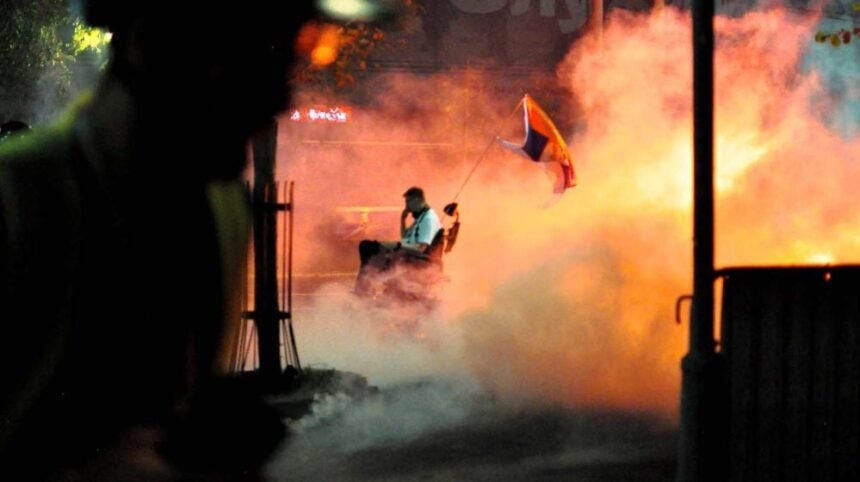Citizens Do Not Need Russian Intelligence to Demand Vučić’s Fall: Claims of an EU-Backed “Serbian Maidan” on November 1
A statement by the Russian Foreign Intelligence Service (SVR) alleging that the EU is planning a “Serbian Maidan” on November 1 has sparked enthusiasm from President Aleksandar Vučić, indifference among the student movement organizing protests, and sharp reactions from the opposition.
Analysts and civic leaders stress that Serbian citizens do not need foreign intelligence services to tell them they want change. The anniversary of the tragic collapse of a shelter in Novi Sad will be marked with mass protests and actions directed against the current regime.
According to Marko Miletić, editor of Mašina, citizens and students will gather to honor the victims of Novi Sad and demand accountability not only for the tragedy but also for corruption, abuse of power, and repression. He underlined that the protests are driven by domestic grievances, not foreign influence.
Miletić added that claims of EU involvement serve mainly to give the government an excuse for increasing repression against protesters. He emphasized that the regime is running out of ways to discredit demonstrators and is now relying on “validation” from Russian intelligence.
Nikola Lunić, a geopolitics and security consultant, said the Serbian leadership and the Serbian Orthodox Church (SPC) continue to use the narrative of a “colored revolution” to undermine student and opposition protests, portraying them as Western-orchestrated. He warned that such rhetoric only deepens the crisis and fuels fear of potential false flag operations that could justify a state of emergency.
Meanwhile, political analyst Dragomir Anđelković noted that Vučić has embraced Moscow’s claims for his own political survival. According to him, the Serbian government has secretly supplied Ukraine with arms while maintaining ties with Russia, and is now shifting further toward Moscow to secure support. He argued that Vučić’s alignment with Russia is not about protecting national interests but about preserving his hold on power.
The SVR also published a list of independent Serbian media outlets, accusing them of “brainwashing Serbian youth” and promoting Western influence. Critics warn this move is designed to delegitimize free media and justify government crackdowns.
Observers conclude that the real issue lies not in EU or Russian influence, but in the demand of Serbian citizens for democratic change through elections, accountability, and respect for freedoms.







